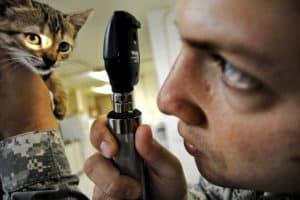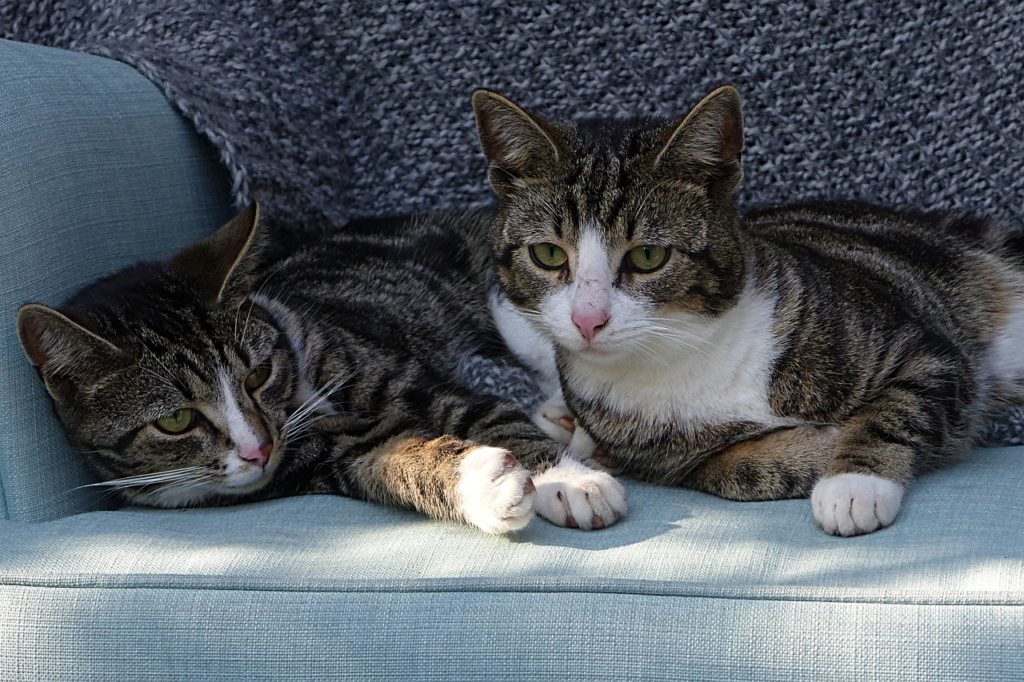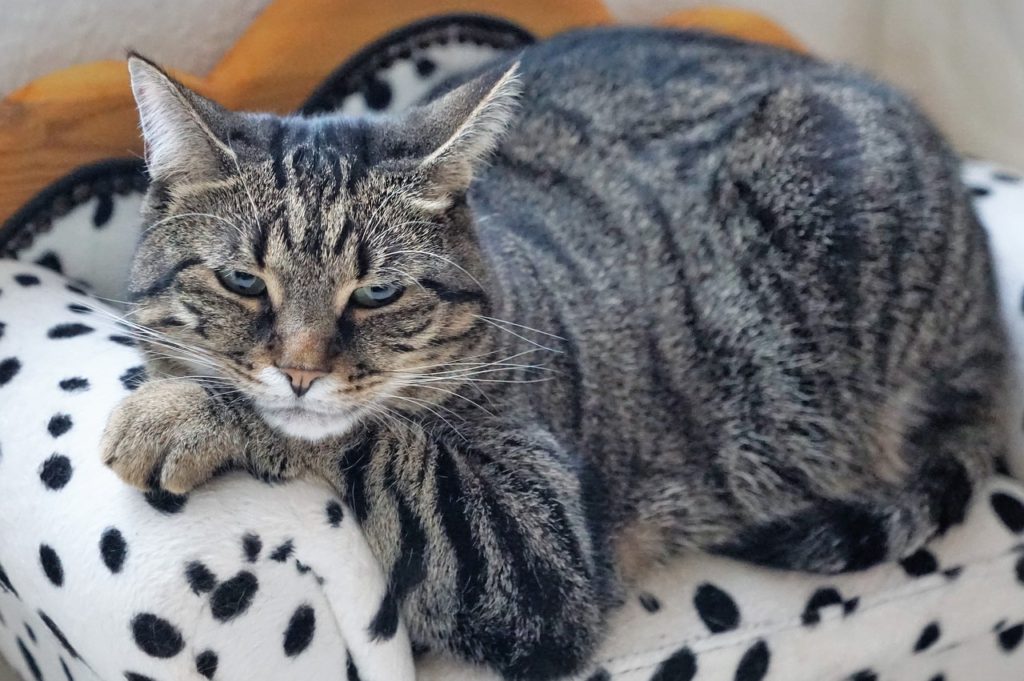 August 22nd is National Take Your Cat to the Vet Day! It’s an annual reminder that cats need checkups just as much as dogs. Routine health checks are vital for cats, whether they are outdoor or indoor pets. Yet many cat owners don’t view seeing the vet as vital as dog owners. Cats receive 26% fewer checkups compared to dogs. 41% of cat owners only visit the vet for vaccinations, and 38% of those cat owners say stress is a big reason why they don’t take the cat to the vet more. I get it. My first cat, Garfield, was an outdoor cat who I adopted and absolutely hated being in his cage. I used to have to stuff the underneath of the bed/couch so I could block him from running and hiding when he saw his cage come out.
August 22nd is National Take Your Cat to the Vet Day! It’s an annual reminder that cats need checkups just as much as dogs. Routine health checks are vital for cats, whether they are outdoor or indoor pets. Yet many cat owners don’t view seeing the vet as vital as dog owners. Cats receive 26% fewer checkups compared to dogs. 41% of cat owners only visit the vet for vaccinations, and 38% of those cat owners say stress is a big reason why they don’t take the cat to the vet more. I get it. My first cat, Garfield, was an outdoor cat who I adopted and absolutely hated being in his cage. I used to have to stuff the underneath of the bed/couch so I could block him from running and hiding when he saw his cage come out.
But there are things you can do to ease the stress on your cat. Cats are very sensitive to smells. So include some familiar scents for the cat in the cage to make it more appealing. You can also incorporate the cage into daily life. We have turned Rogue’s cage into a special treat area. We put all her treats in the cage so she knows that the cage is a happy place. Once you get the cat to the vet keep it calm. Keep your cat in the cage and don’t move it around or shake it too much. Talk in a quiet and reassuring voice.
Why go through all this if your cat appears to be healthy? Some potential problems in your cat might be unseen, until it’s too late. Kidney disease is a common cause of death in cats, especially those who don’t receive normal checkups. Kidney disease can develop and become a problem more rapidly in cats than humans, especially older felines. But if kidney disease is found early enough through a routine visit your cat may only require small changes to it’s normal routine.
Your veterinarian can also help you develop the right diet plan for your cat. If your cat gains too much weight (common in indoor cats), the cat is more likely to develop heart problems, have joint pain and can have diabetes. Proper checkups for your cat will monitor the weight of the cat over time so you can talk with a professional about proper nutrition and exercise.
All cats, even indoor cats, are susceptible to parasites. Those parasites can also affect our health. Parasites can travel inside a home on bugs (those yummy bugs cats just love to hunt and eat) and even on our shoes. In some cases parasites don’t produce visible signs of illness in cats and many can be transmitted to humans. Roundworms are the most common parasite transmitted from cats to humans, and can cause blindness in people.
Taking your cat to the vet regularly will also help make the process part of the cat’s routine. Your cat and vet will develop a relationship and subsequent visits to the veterinarian will be less and less stressful. Schedule an appointment with us today and we’ll be happy to give your cat a checkup and make sure that it stays happy and healthy! Like us on Facebook for more cat owner tips and advice.


